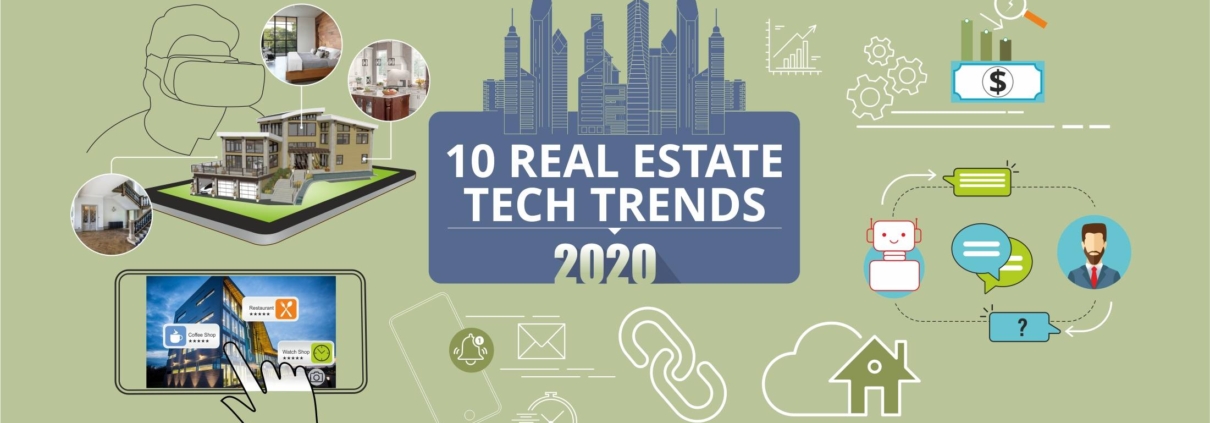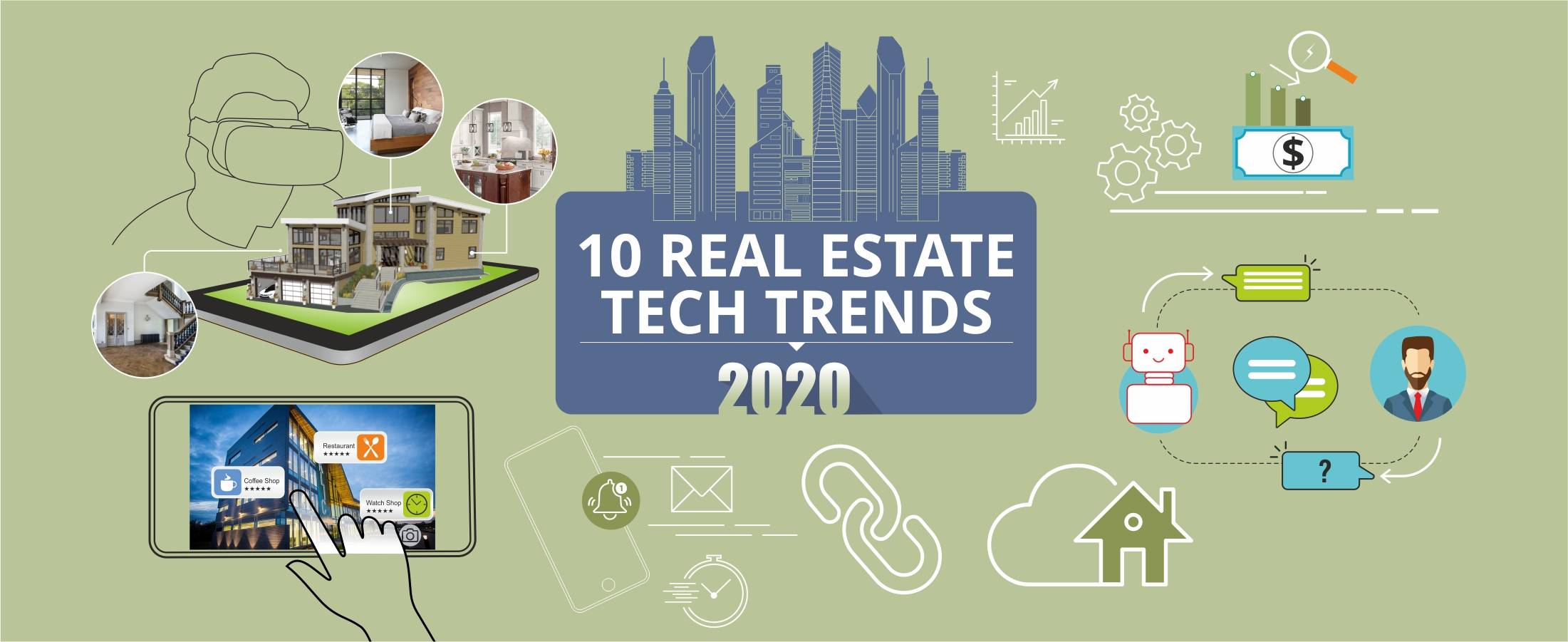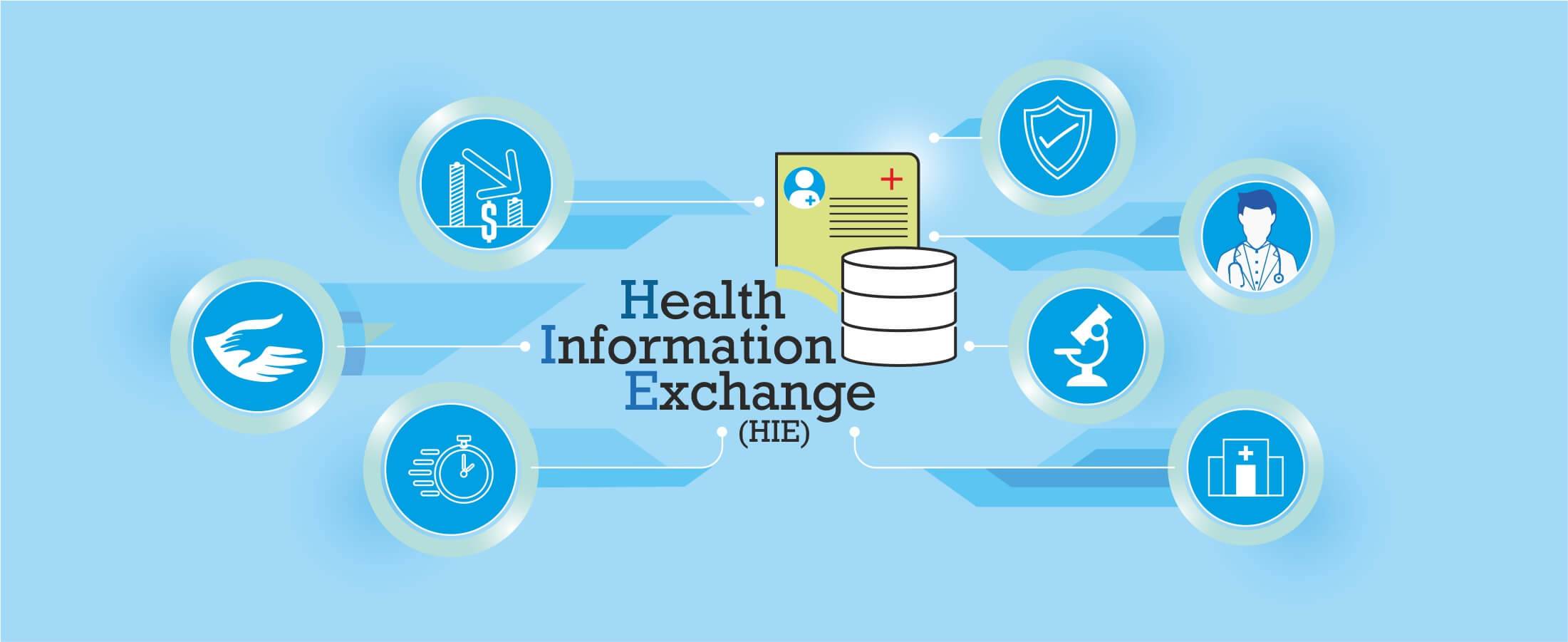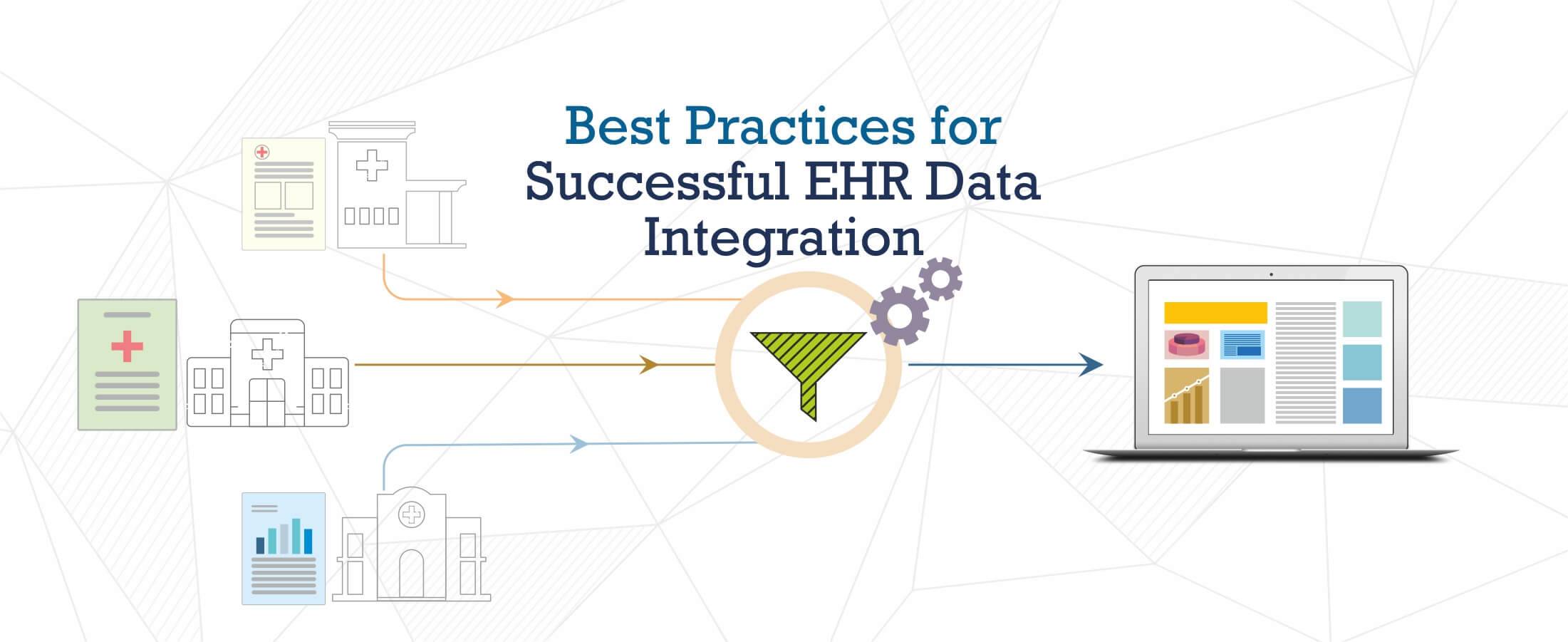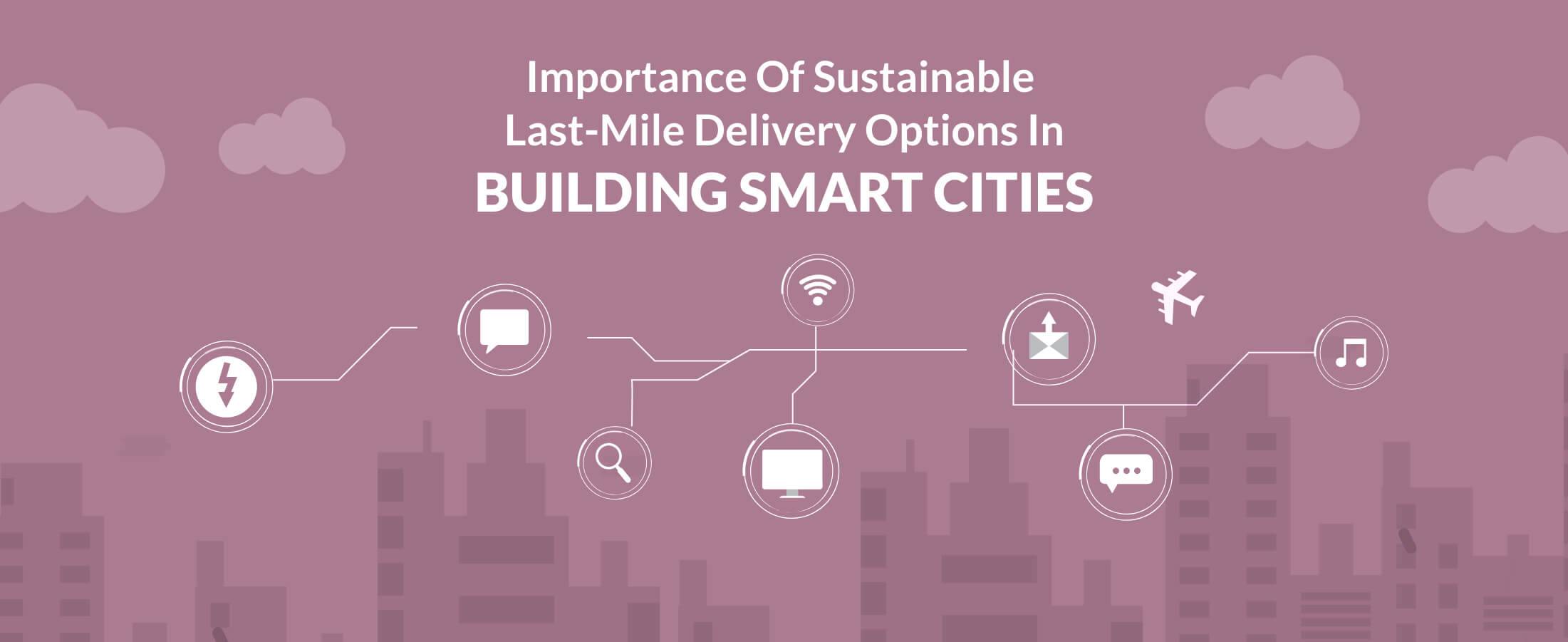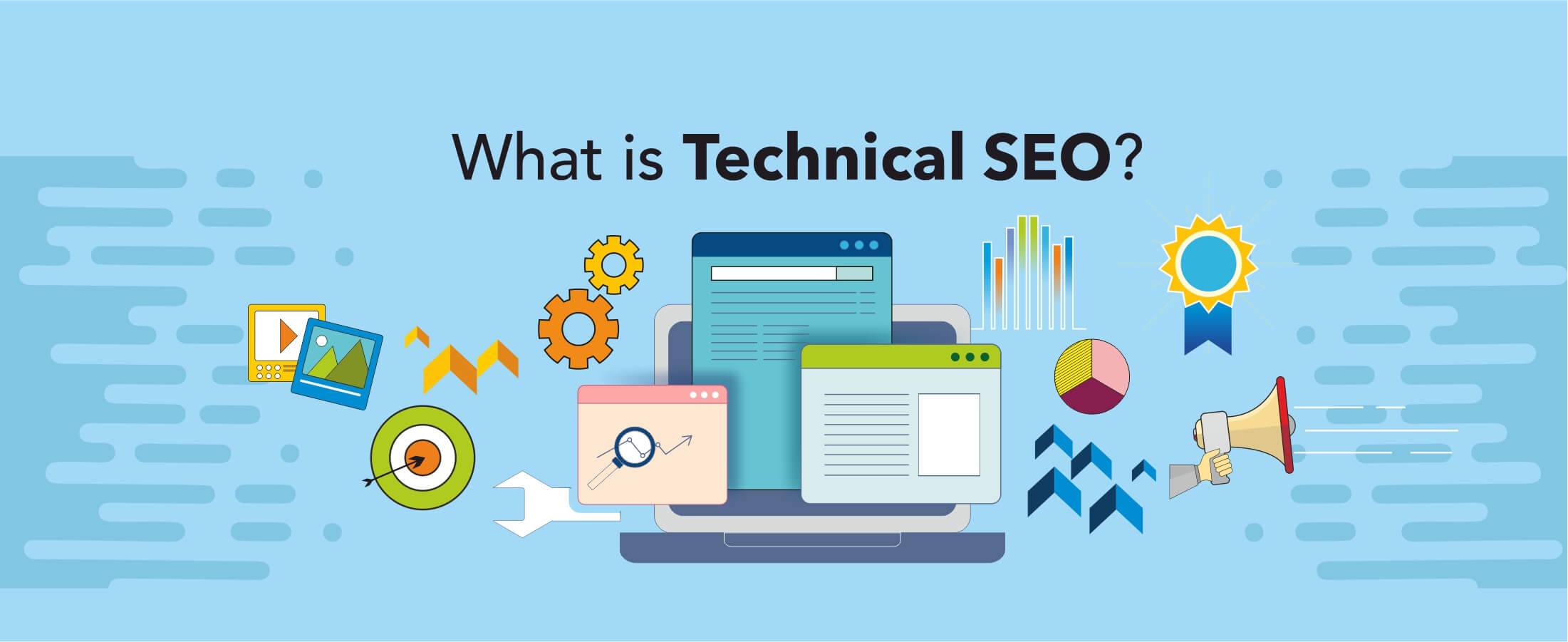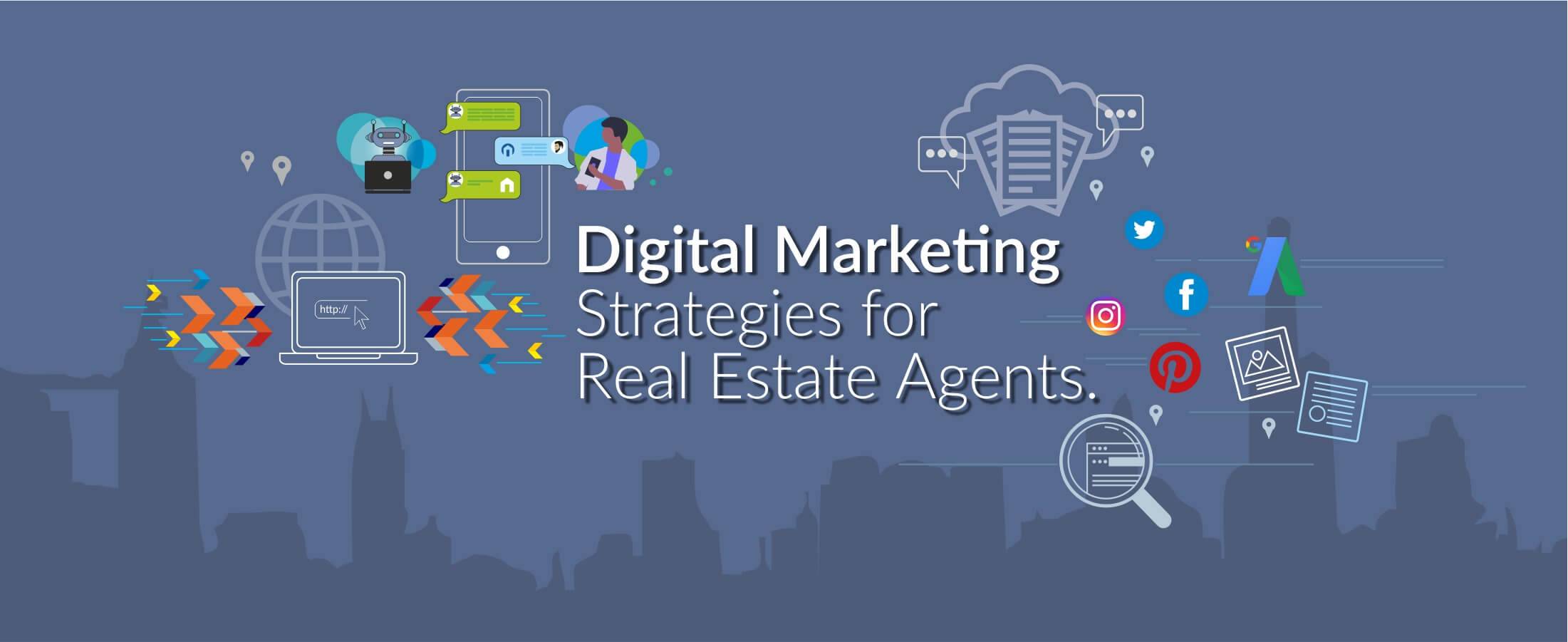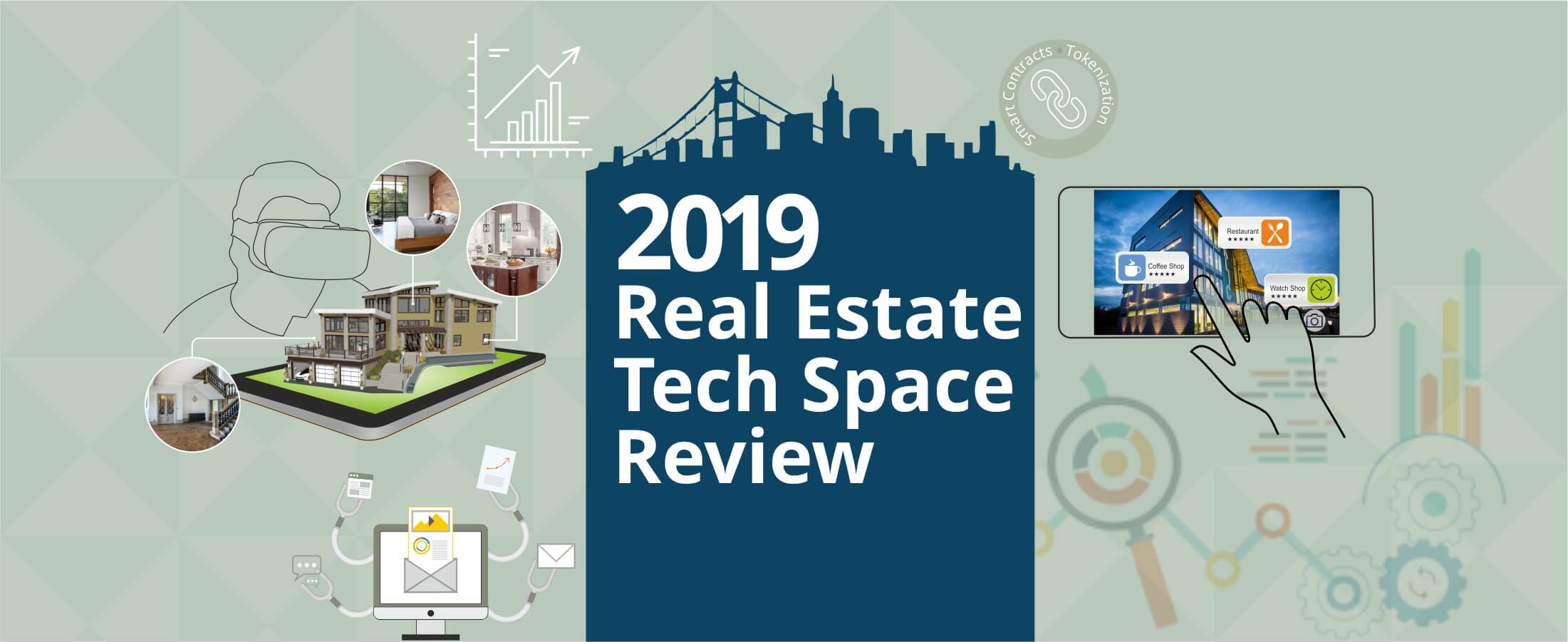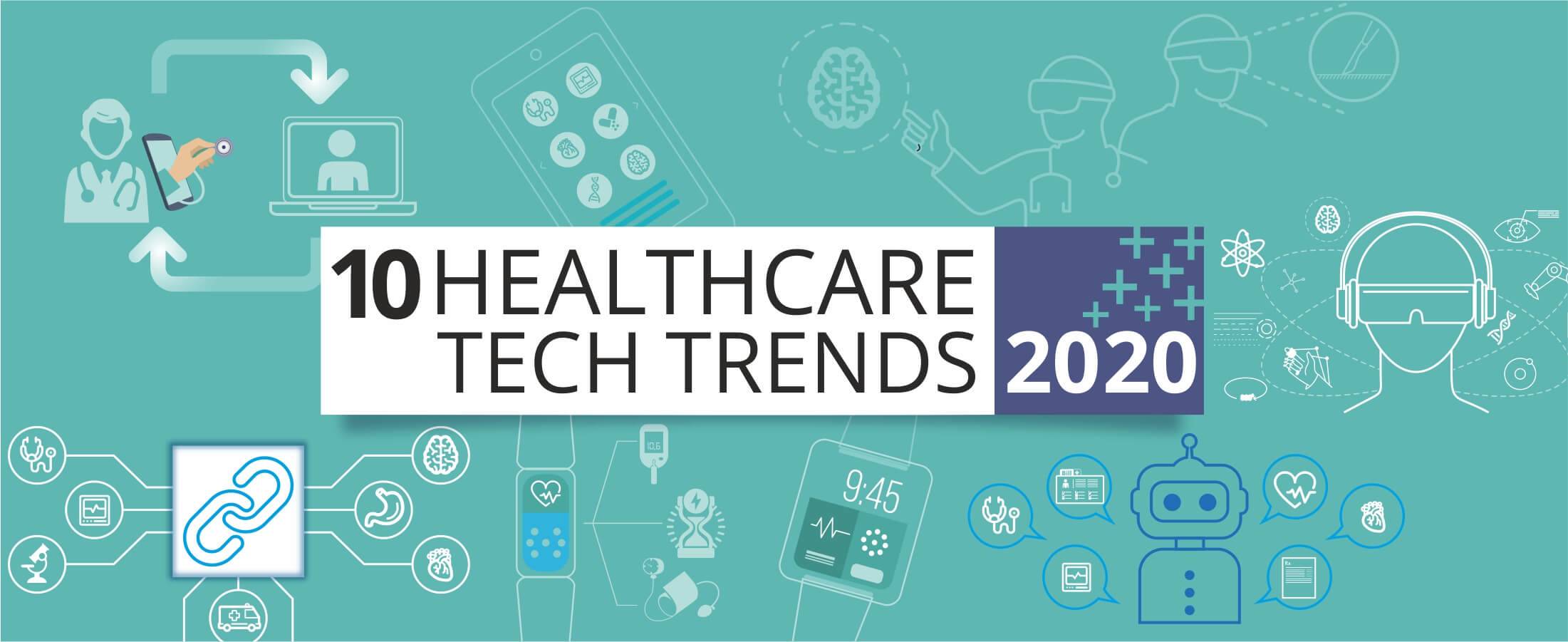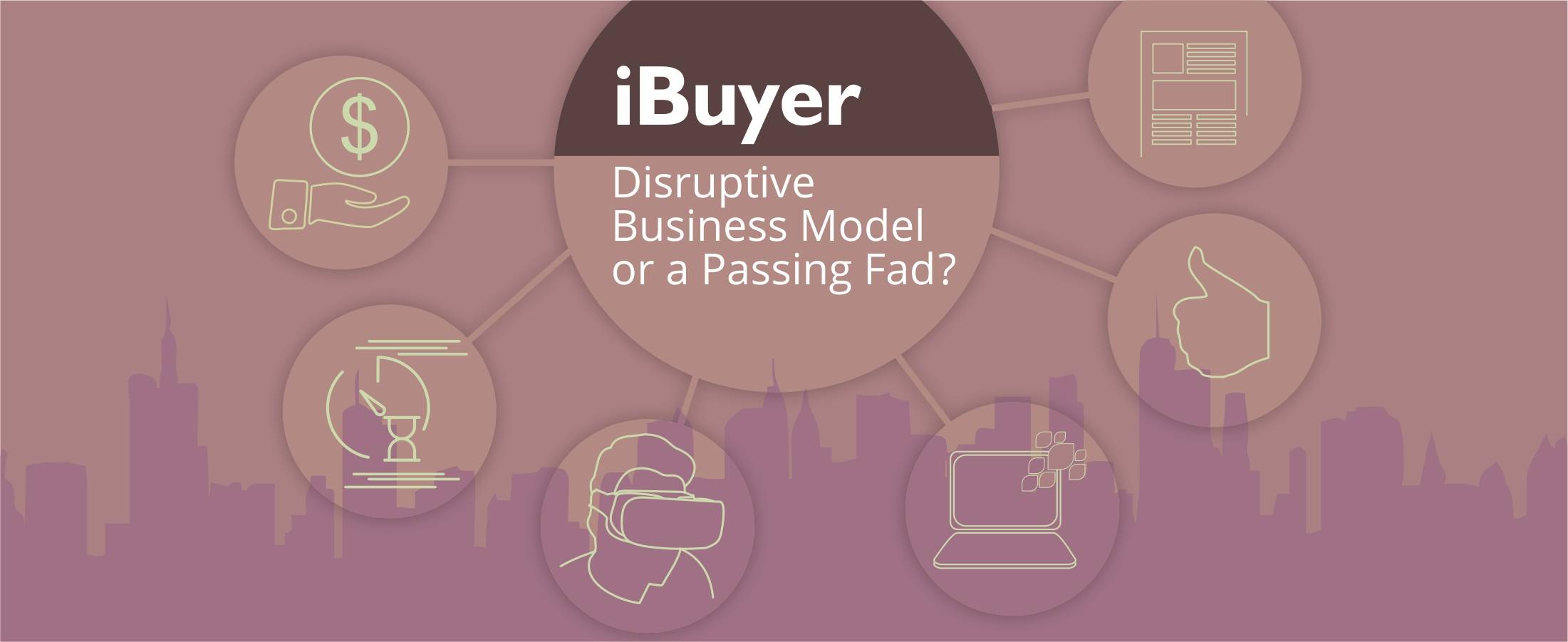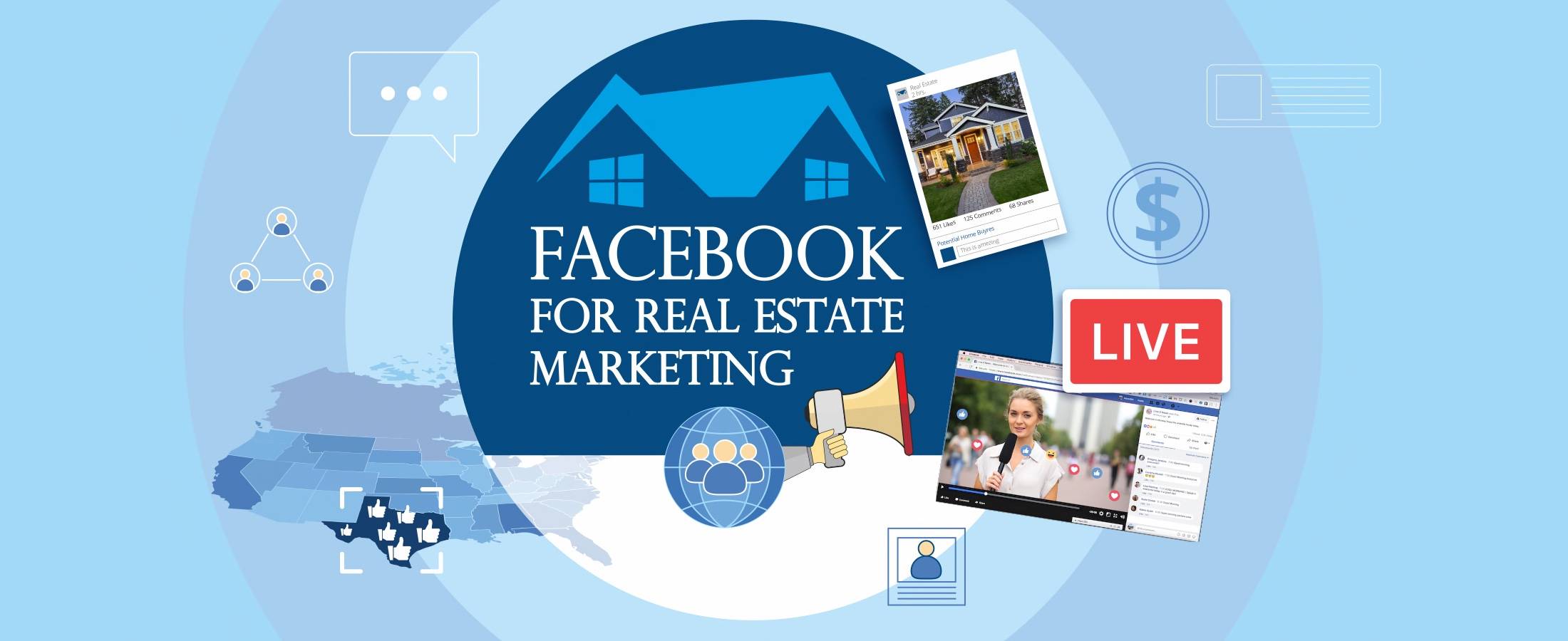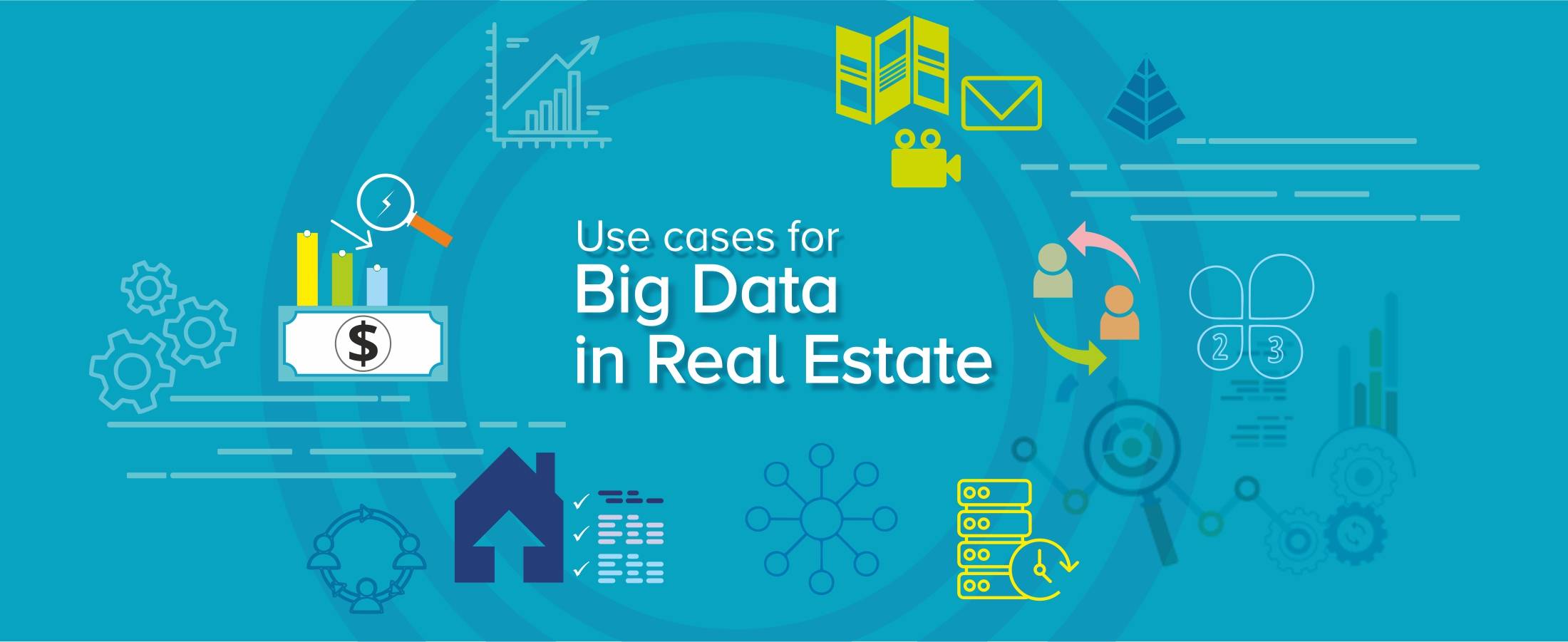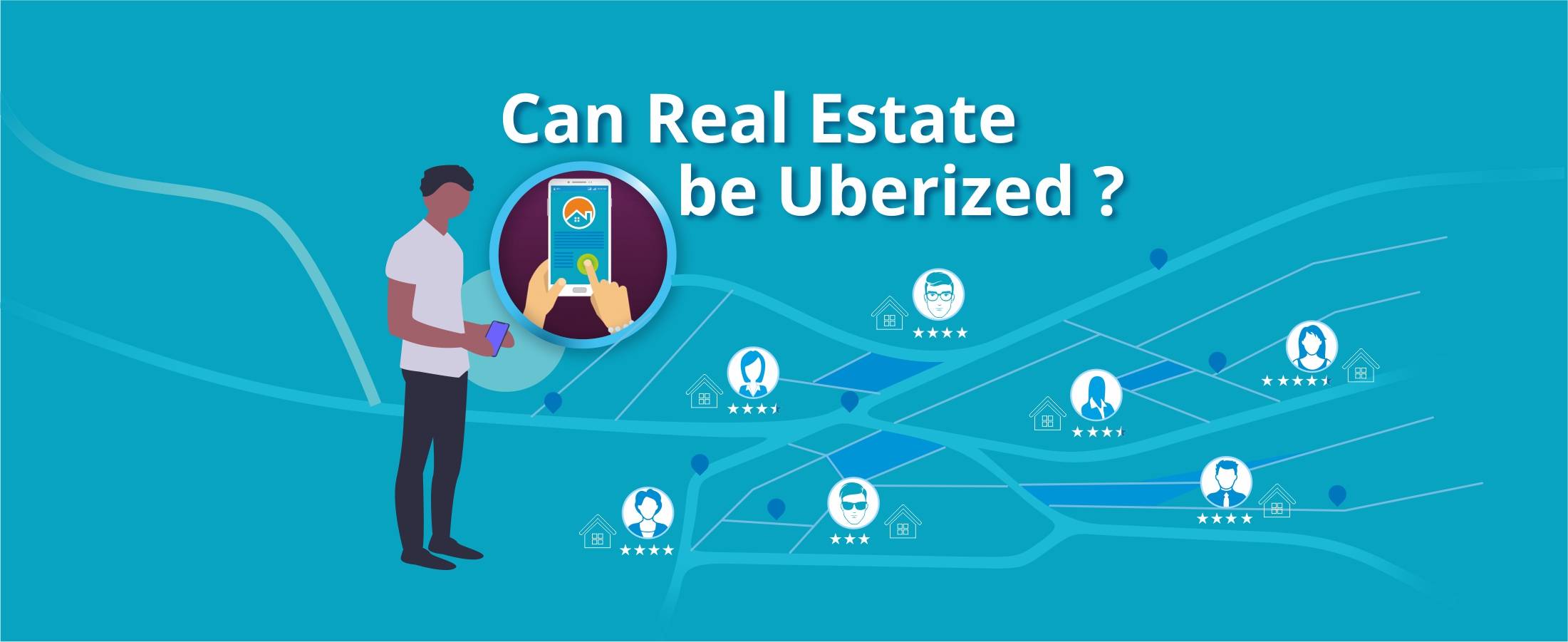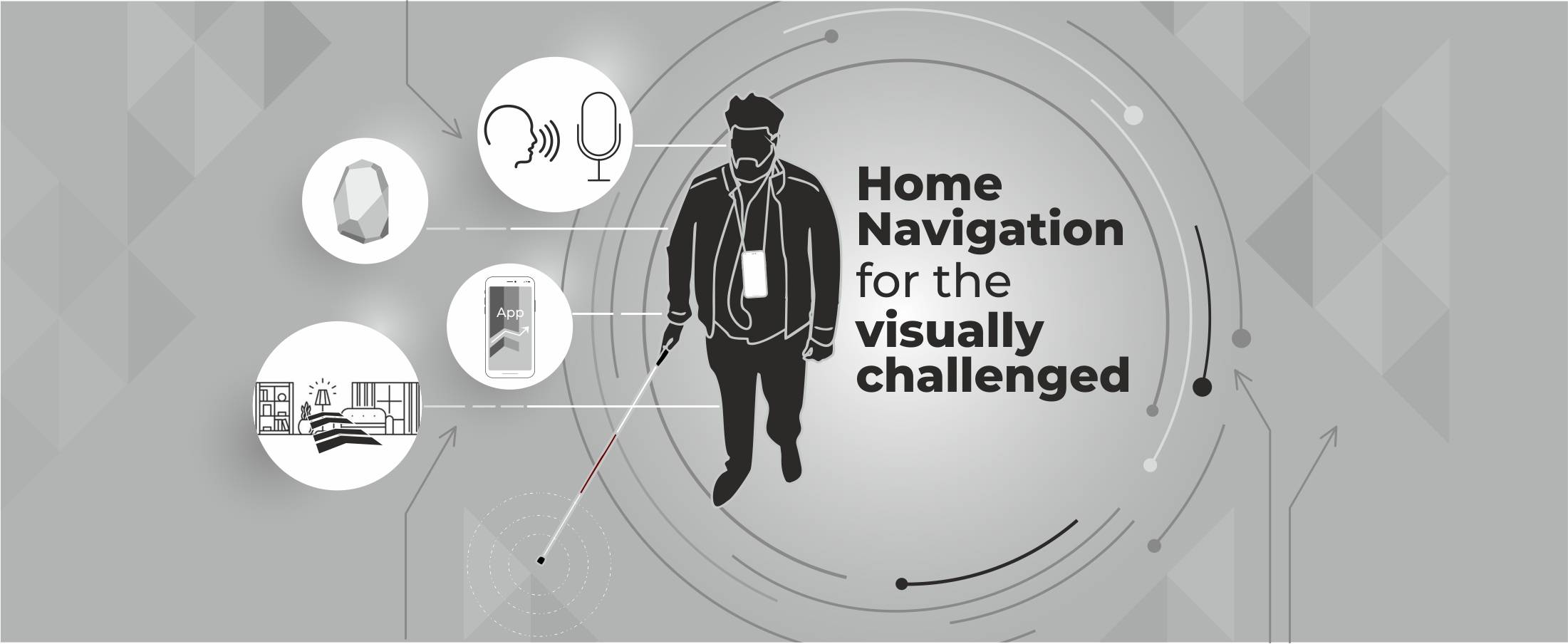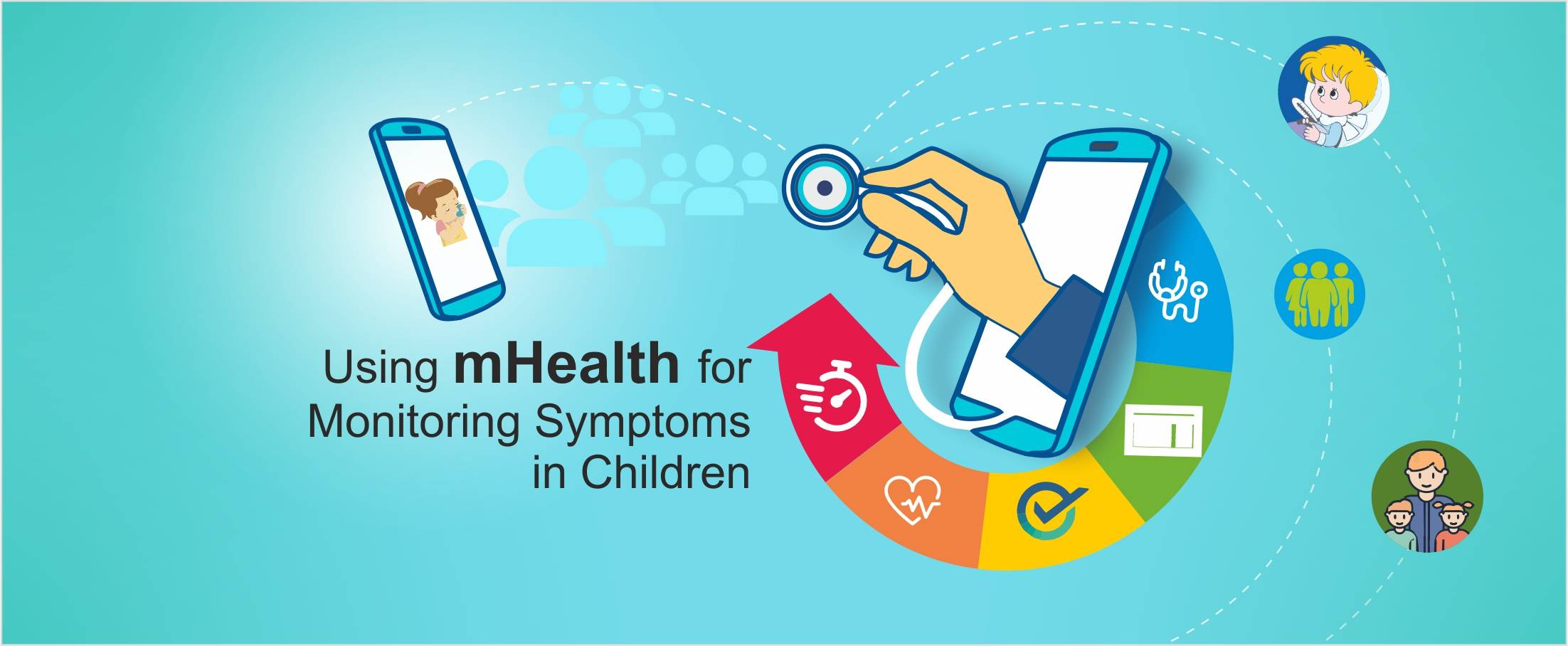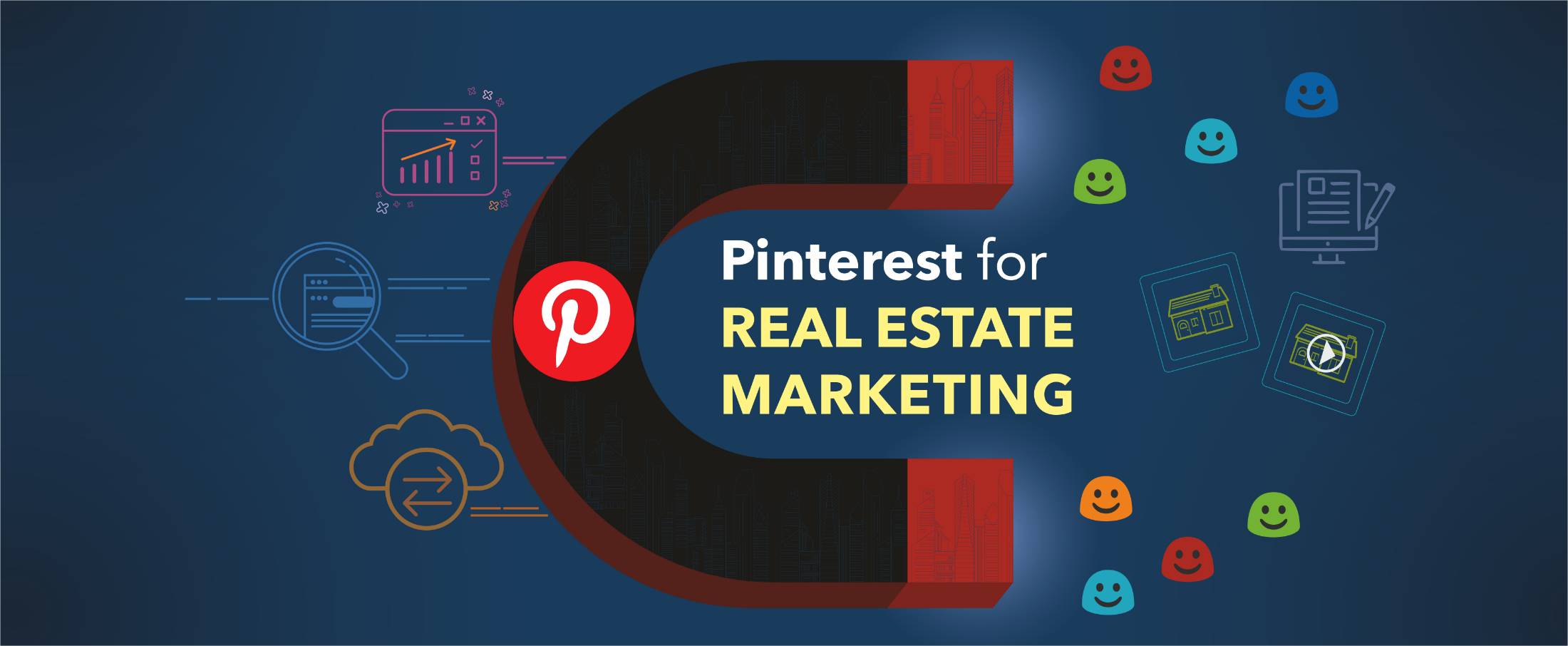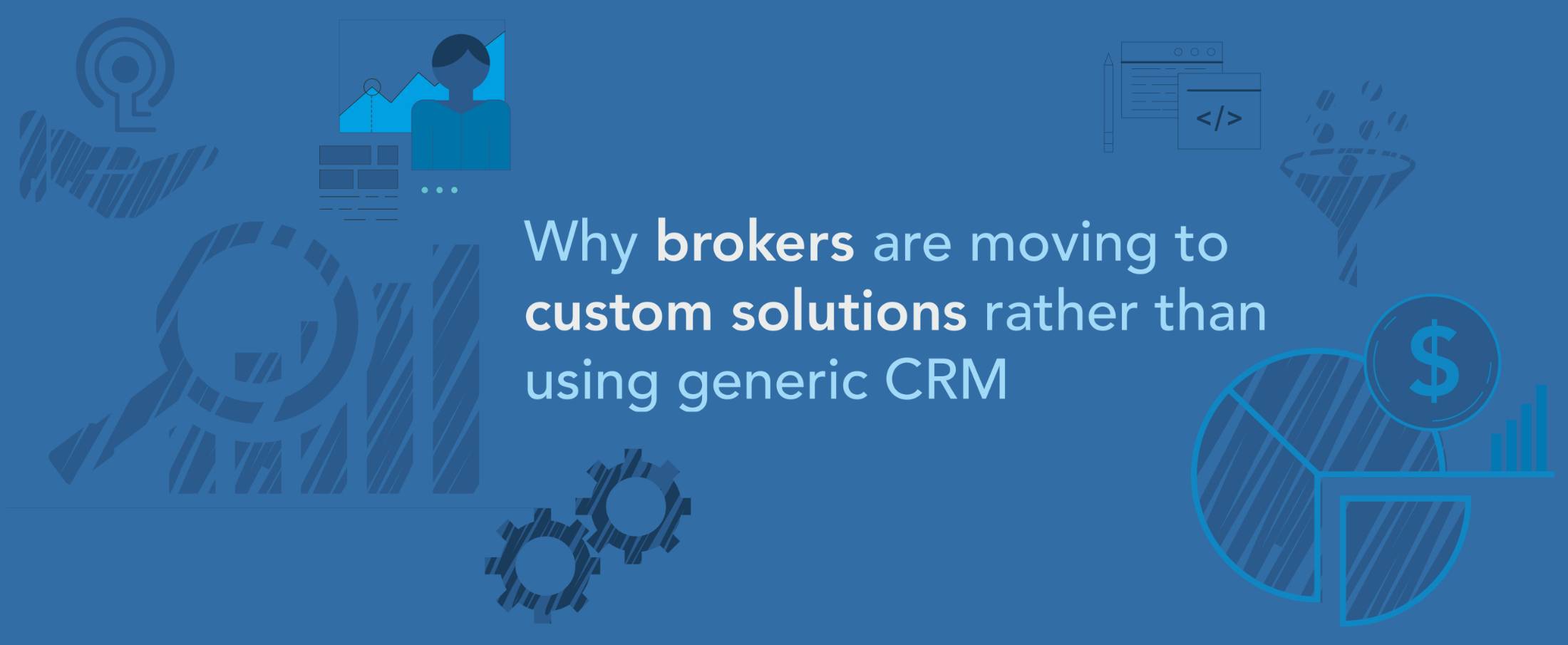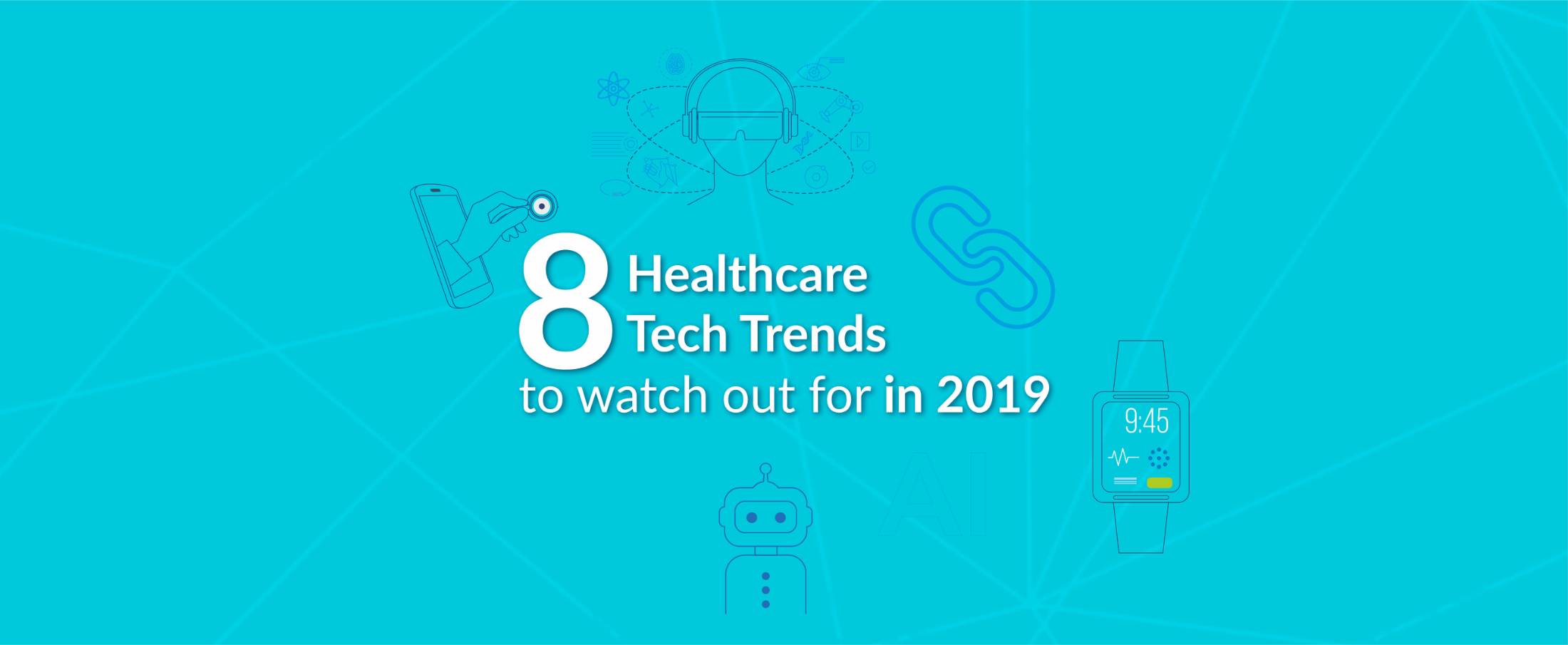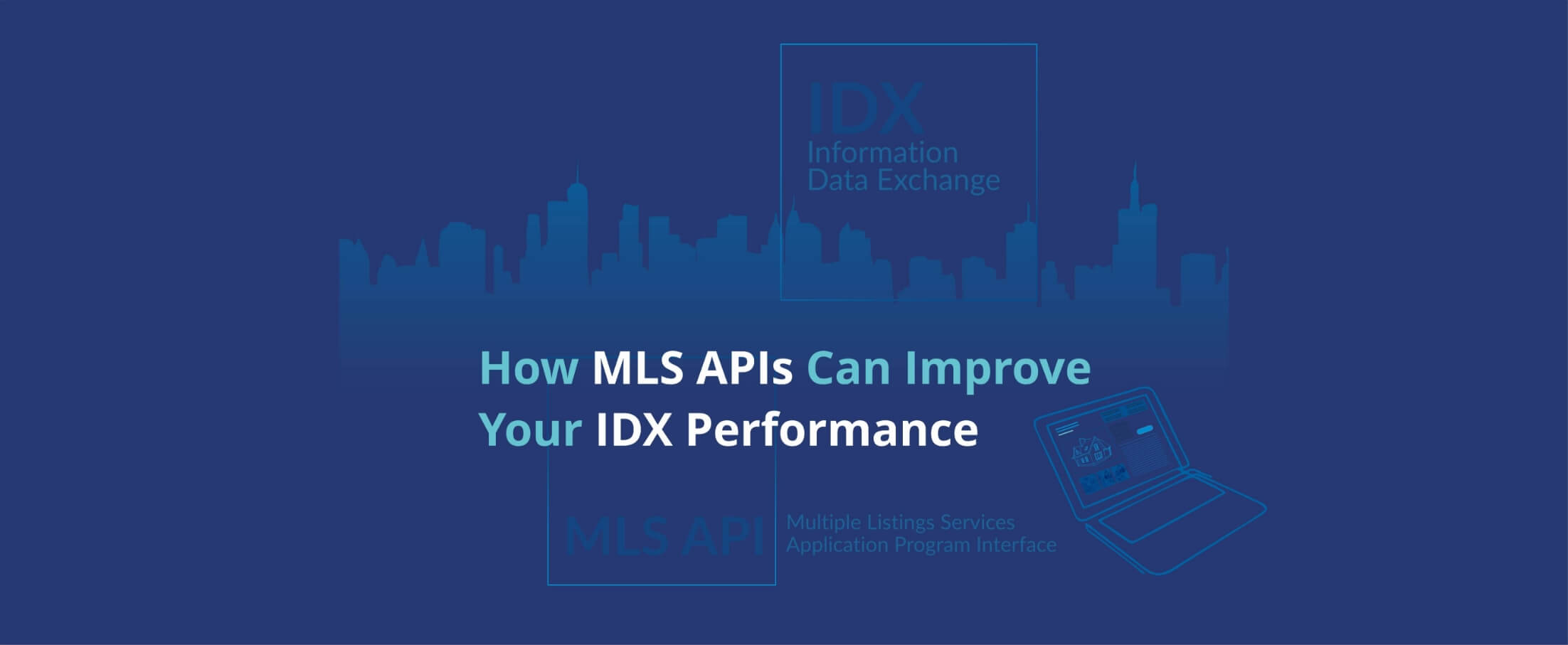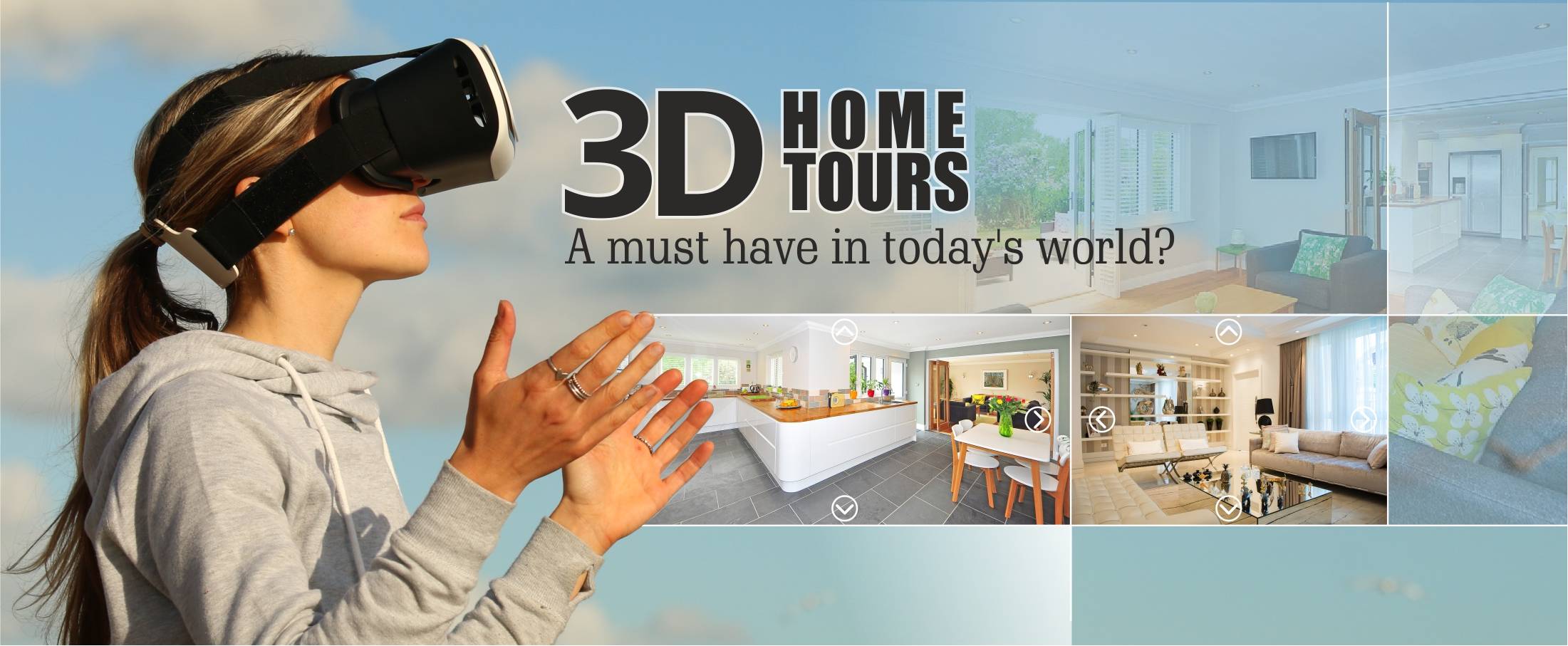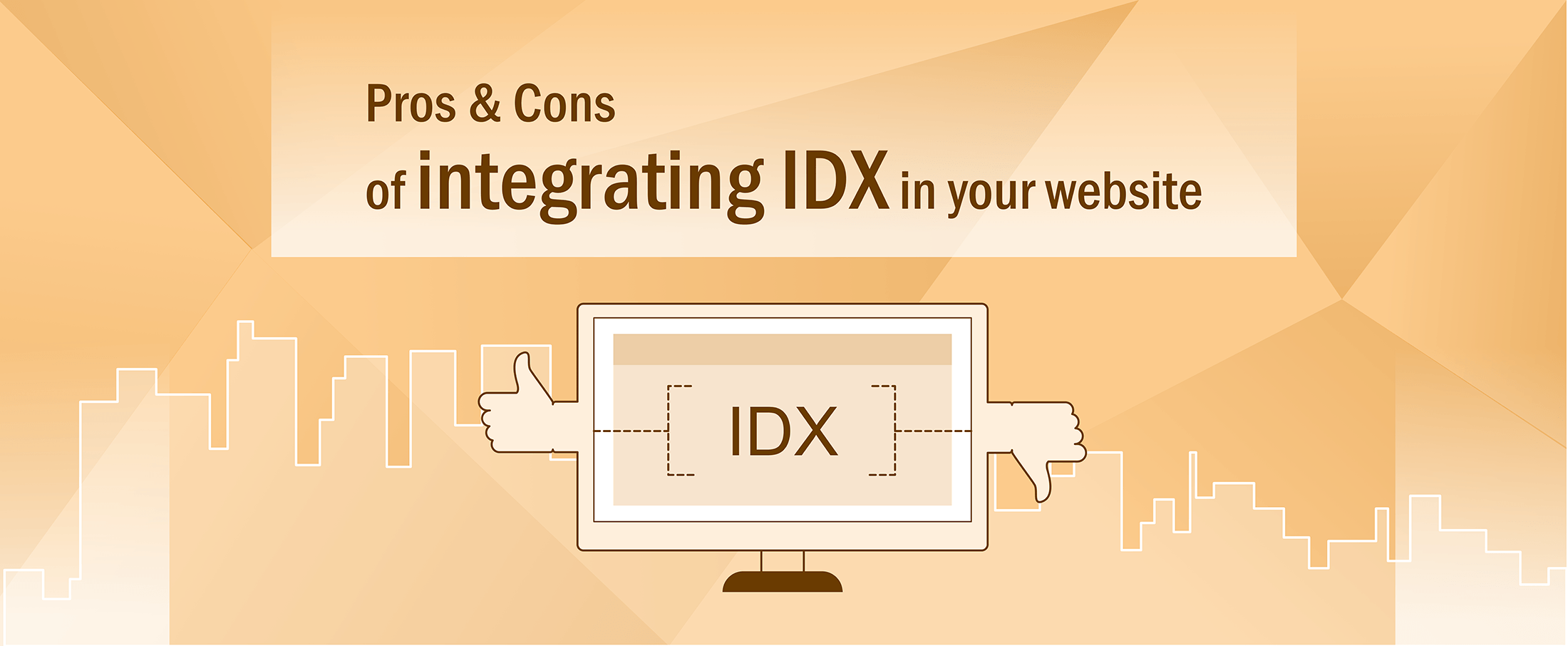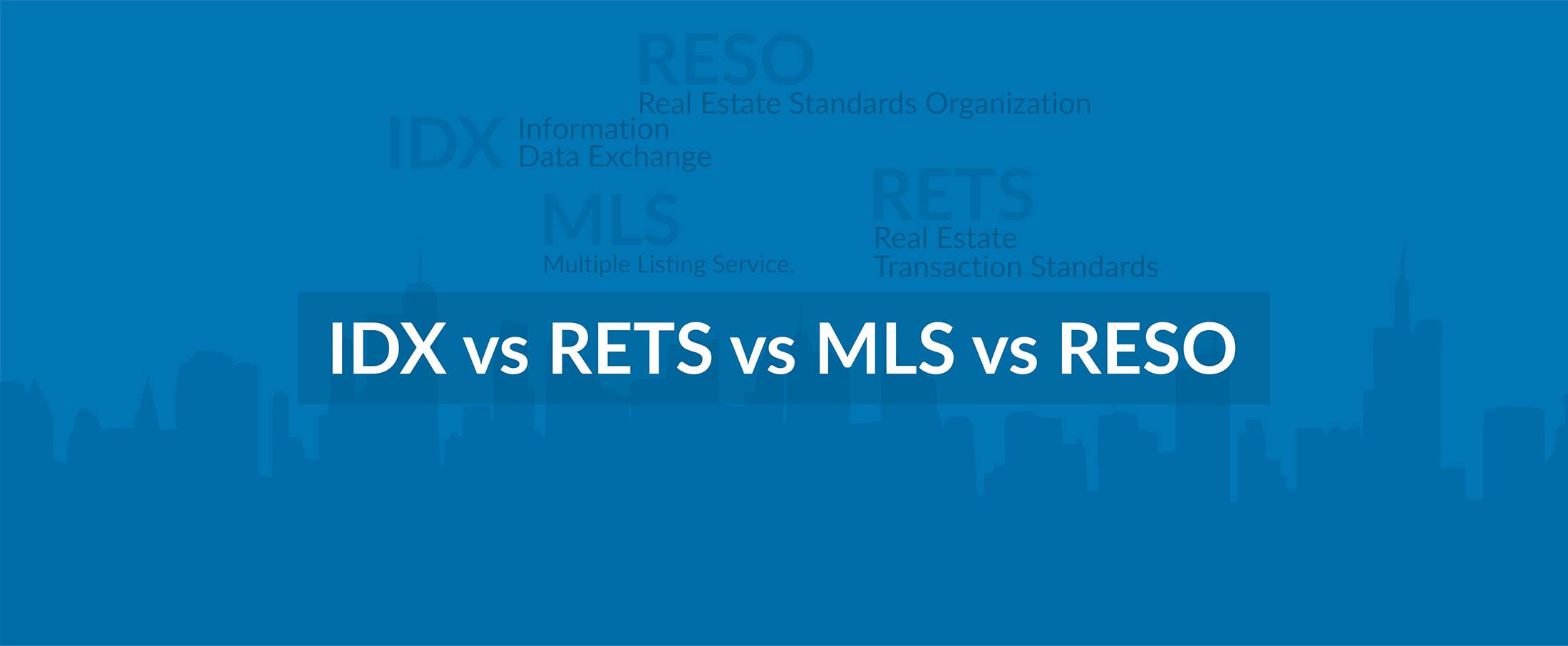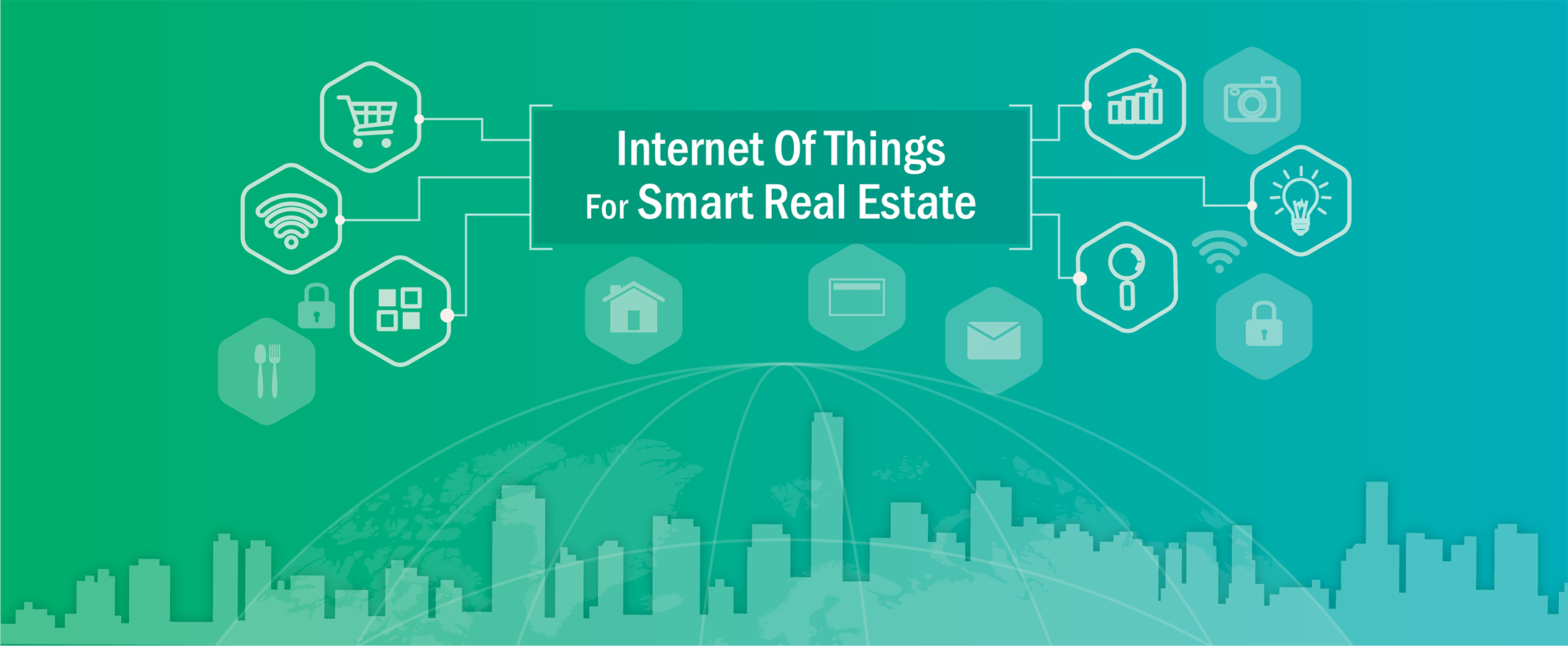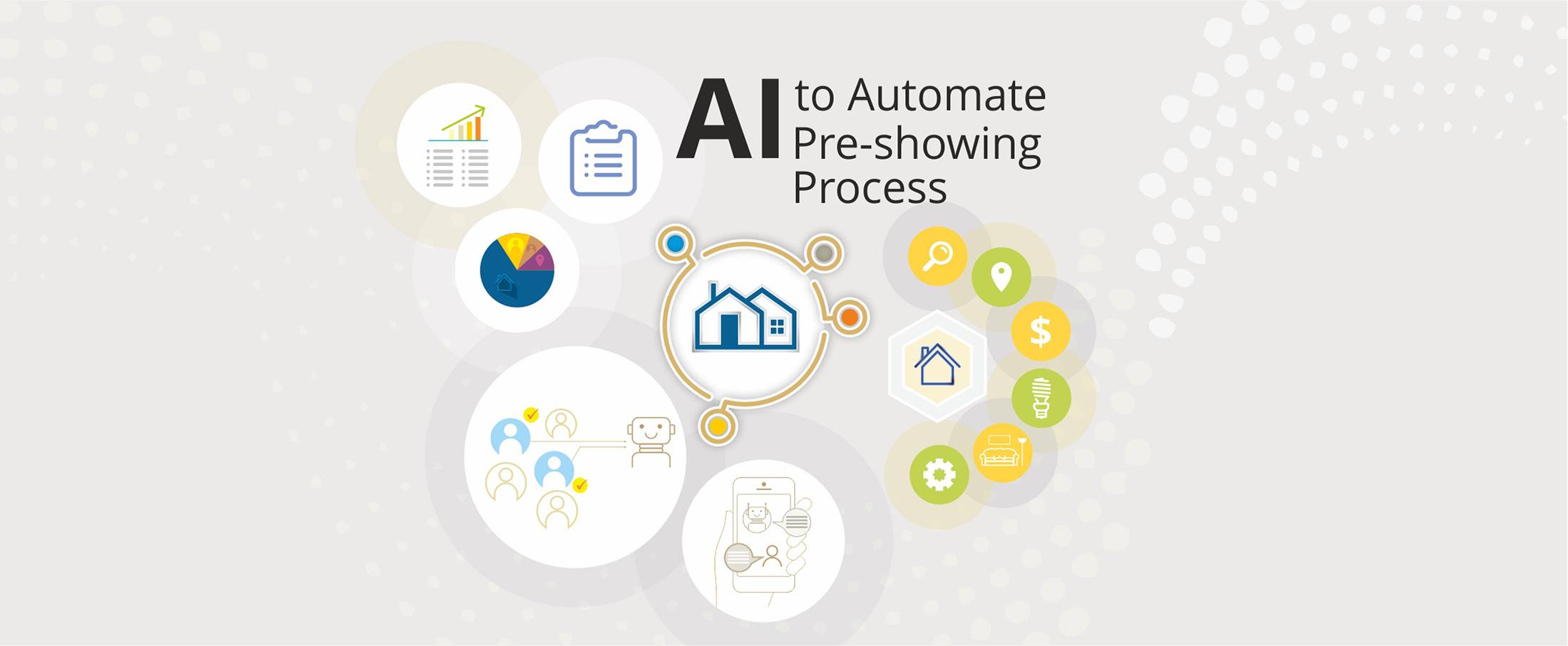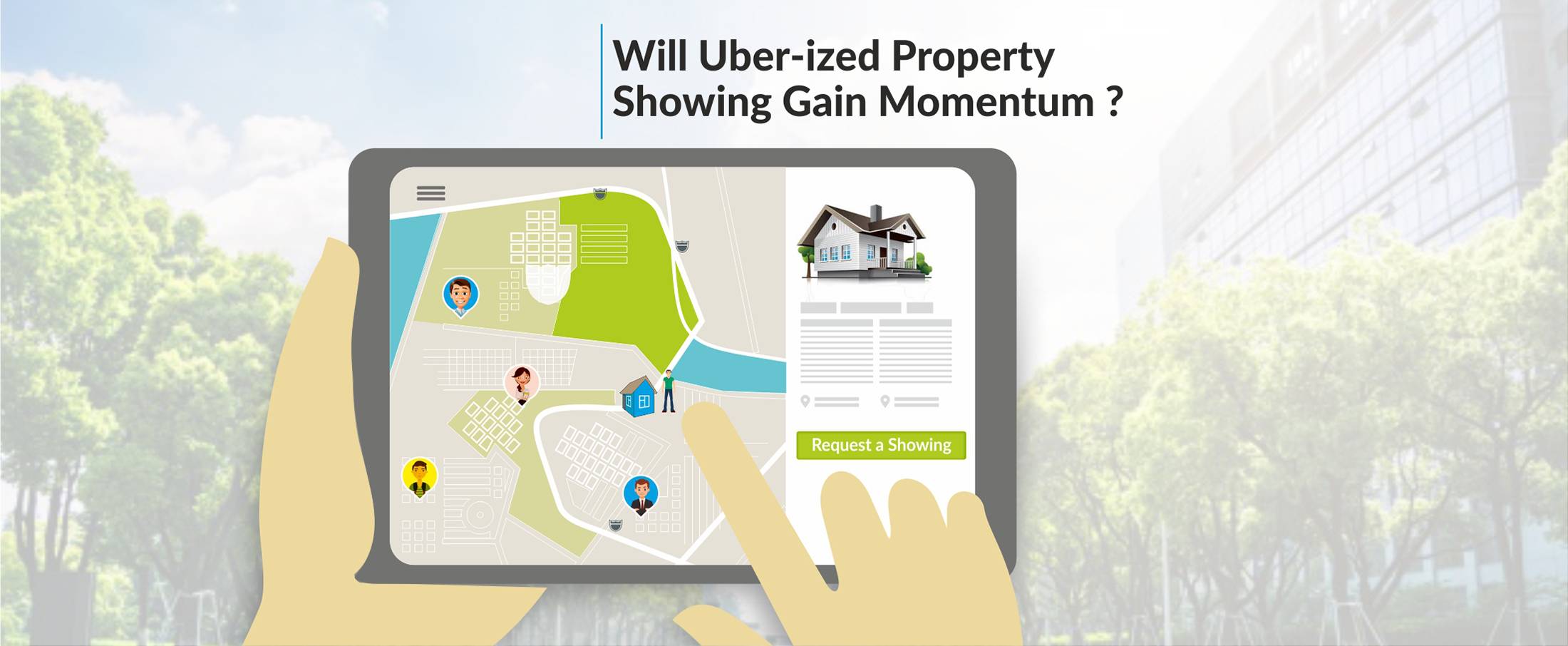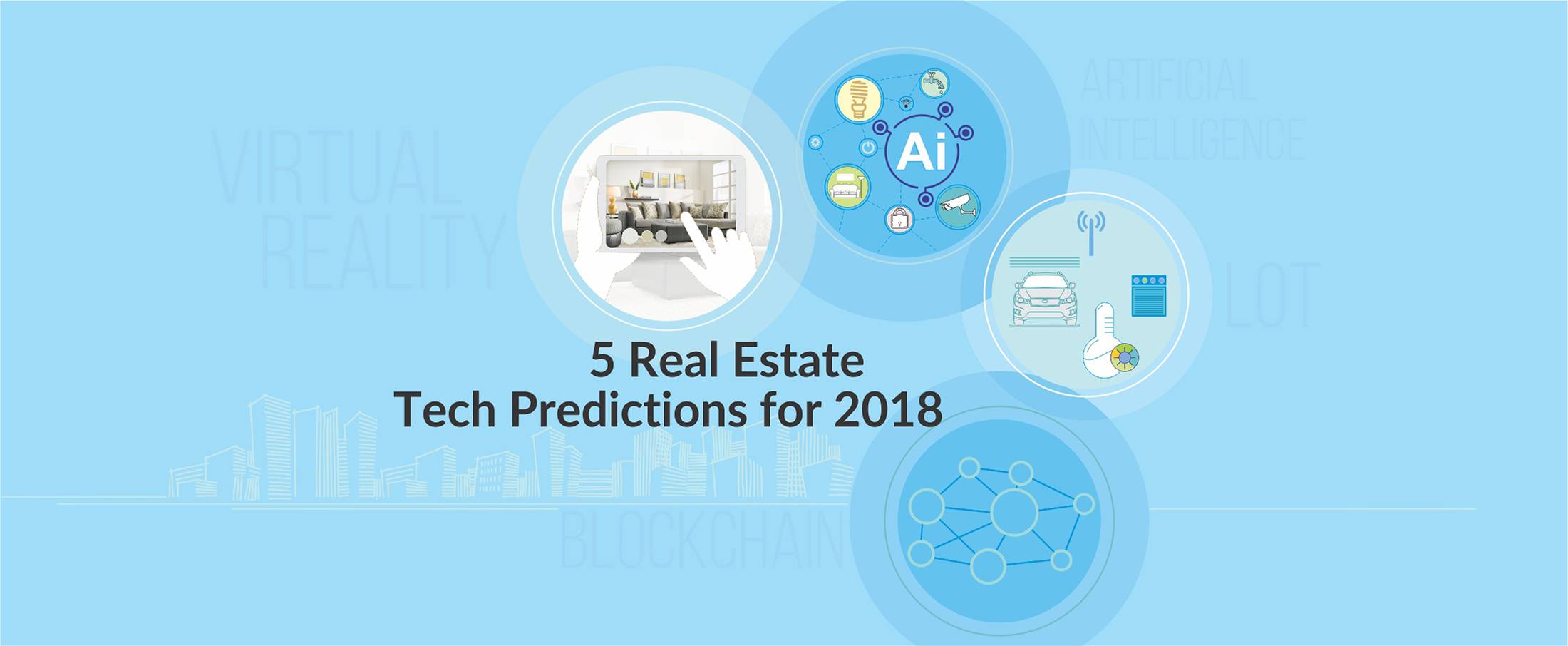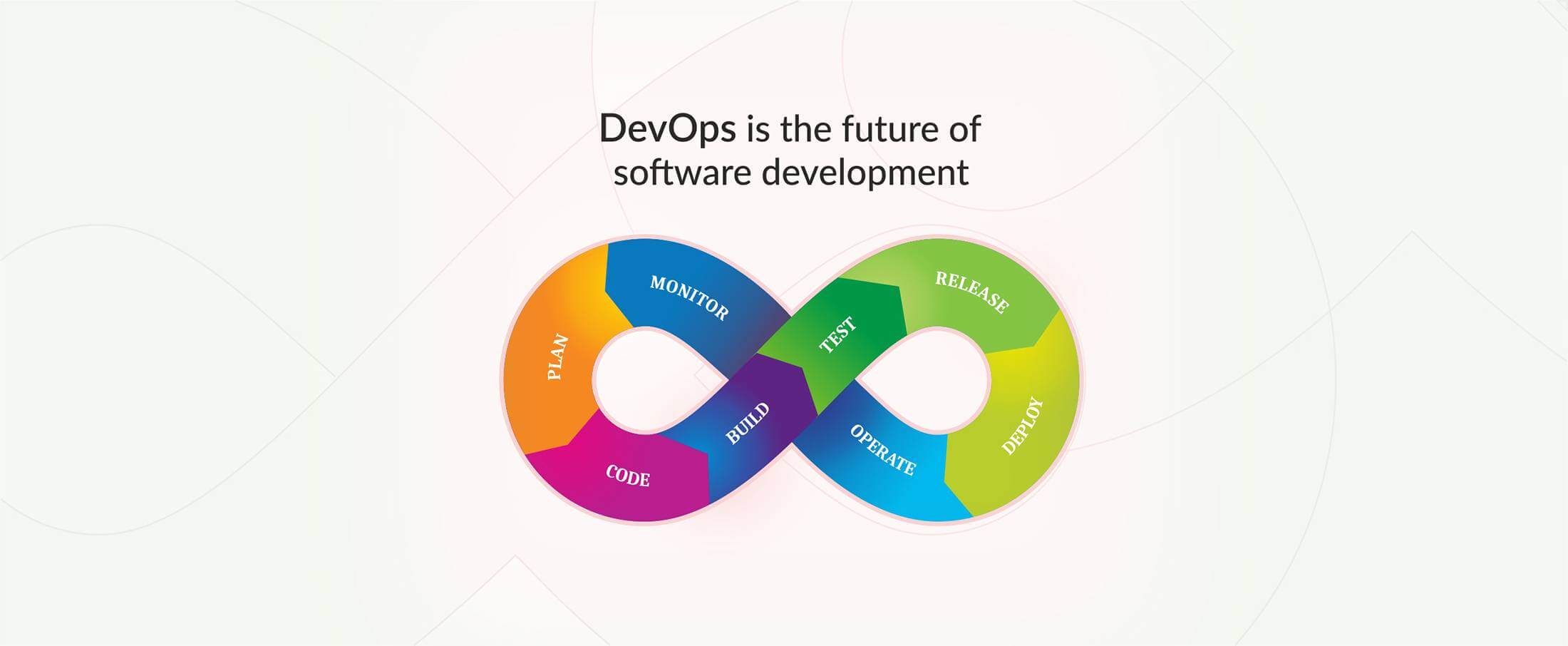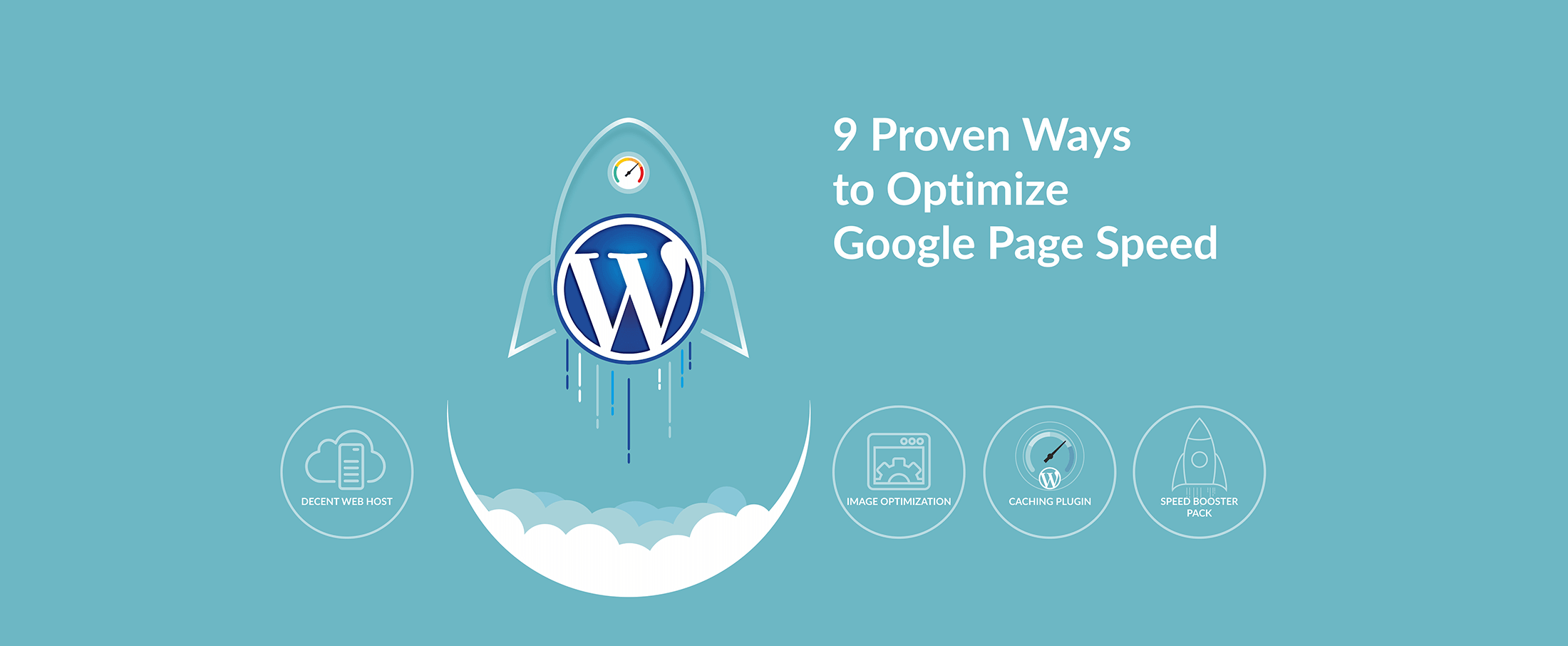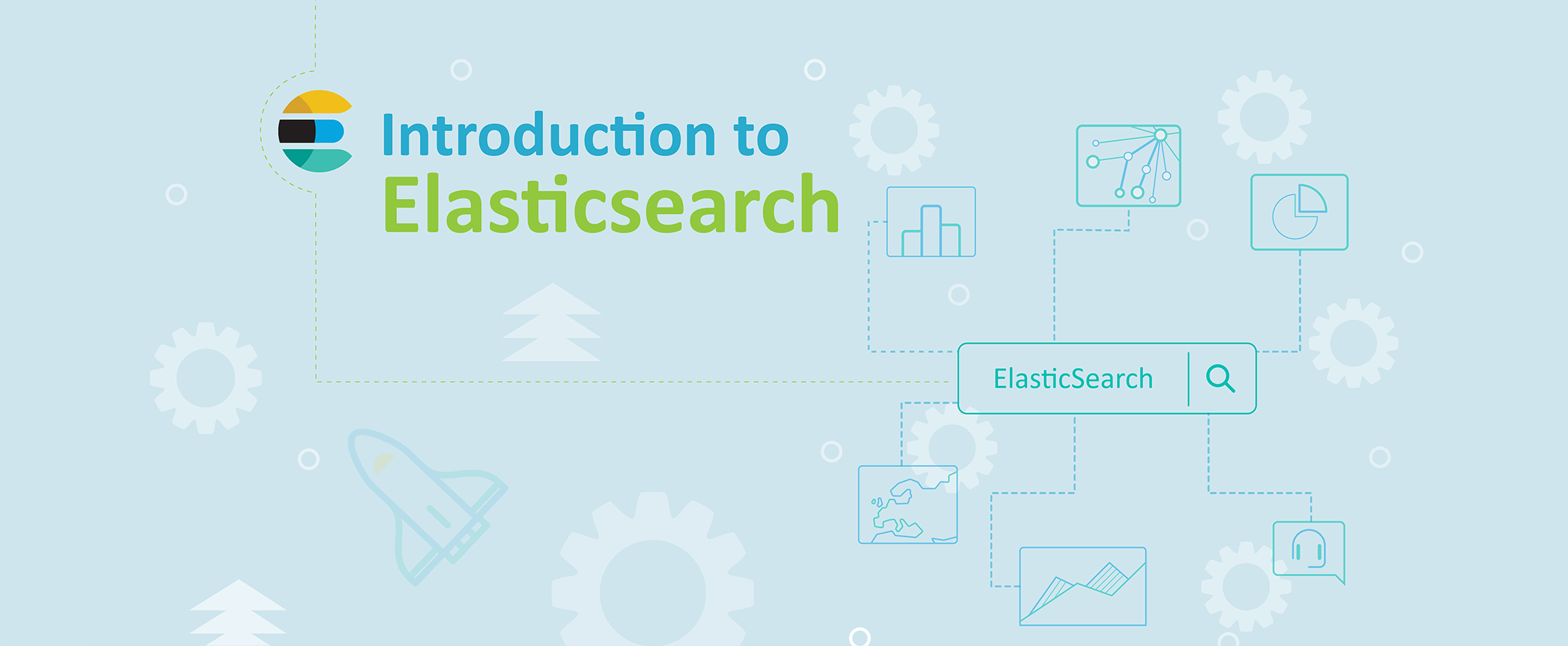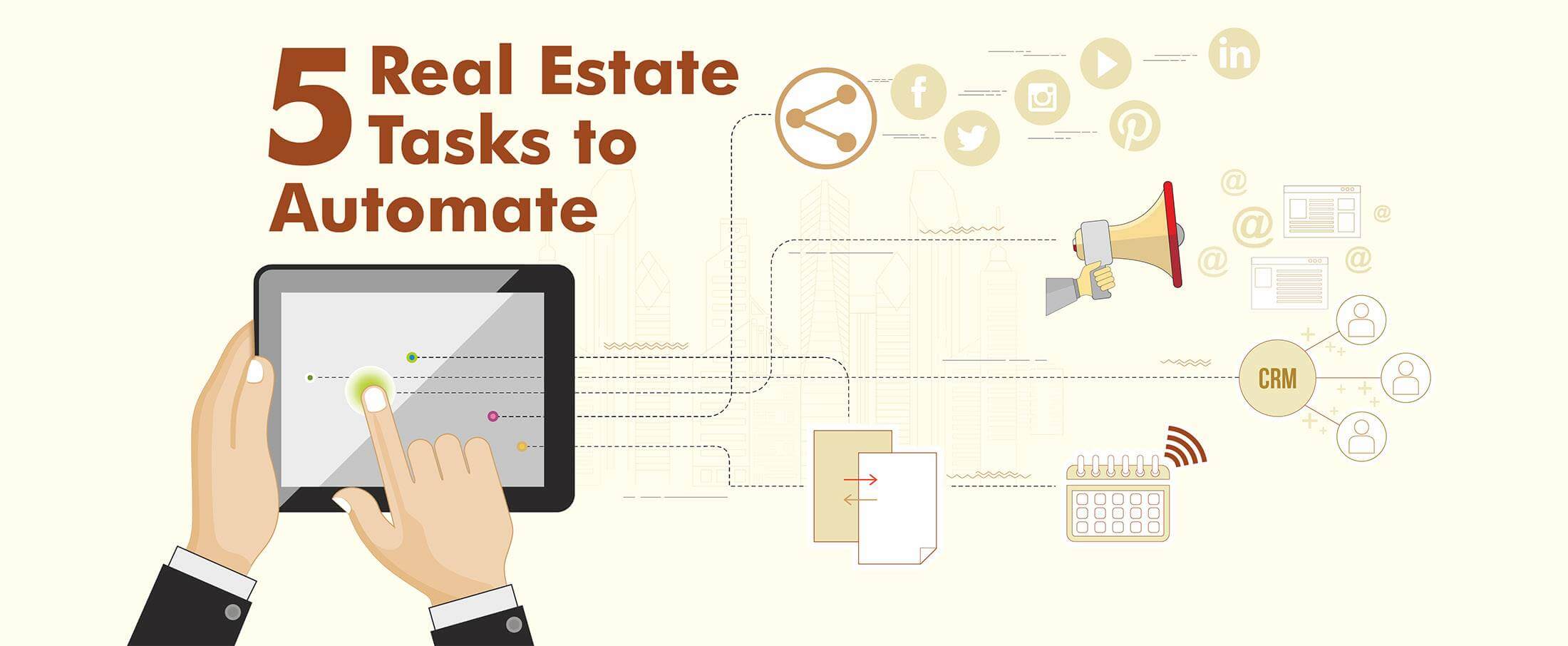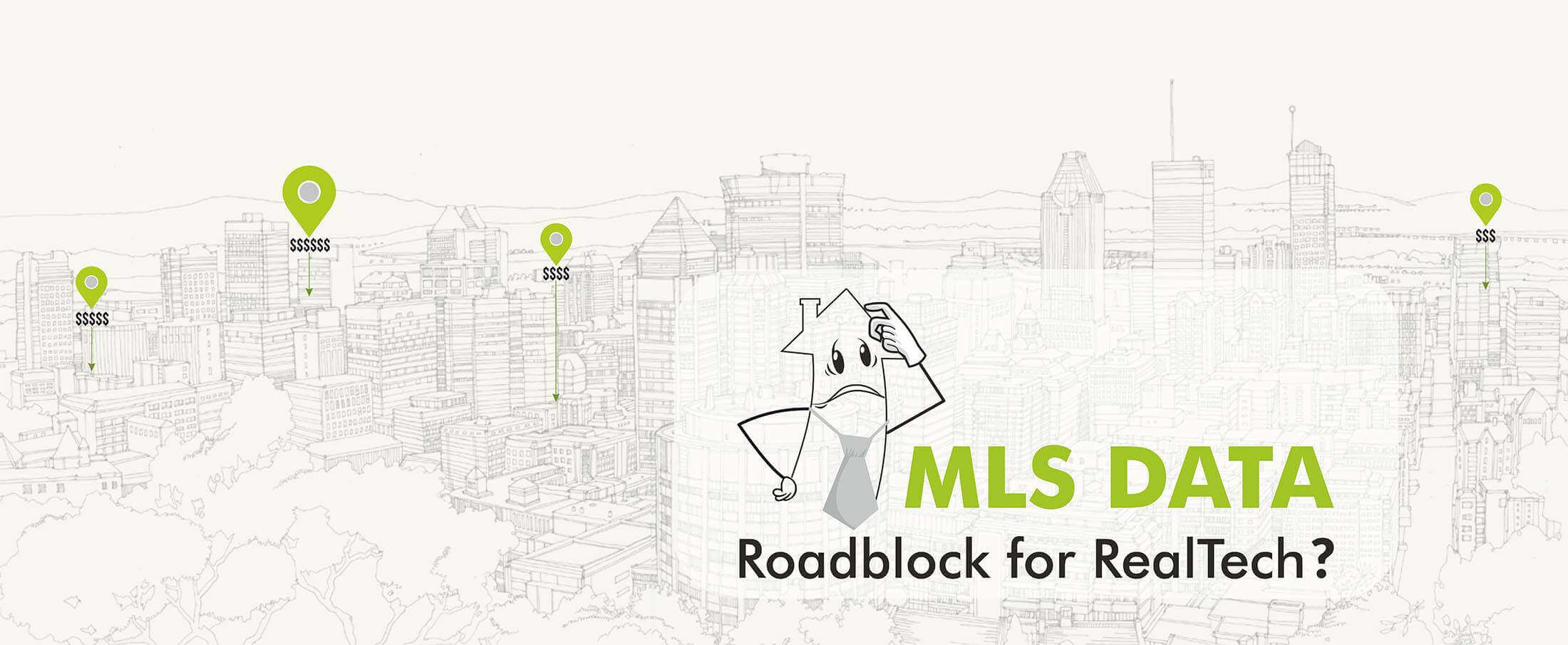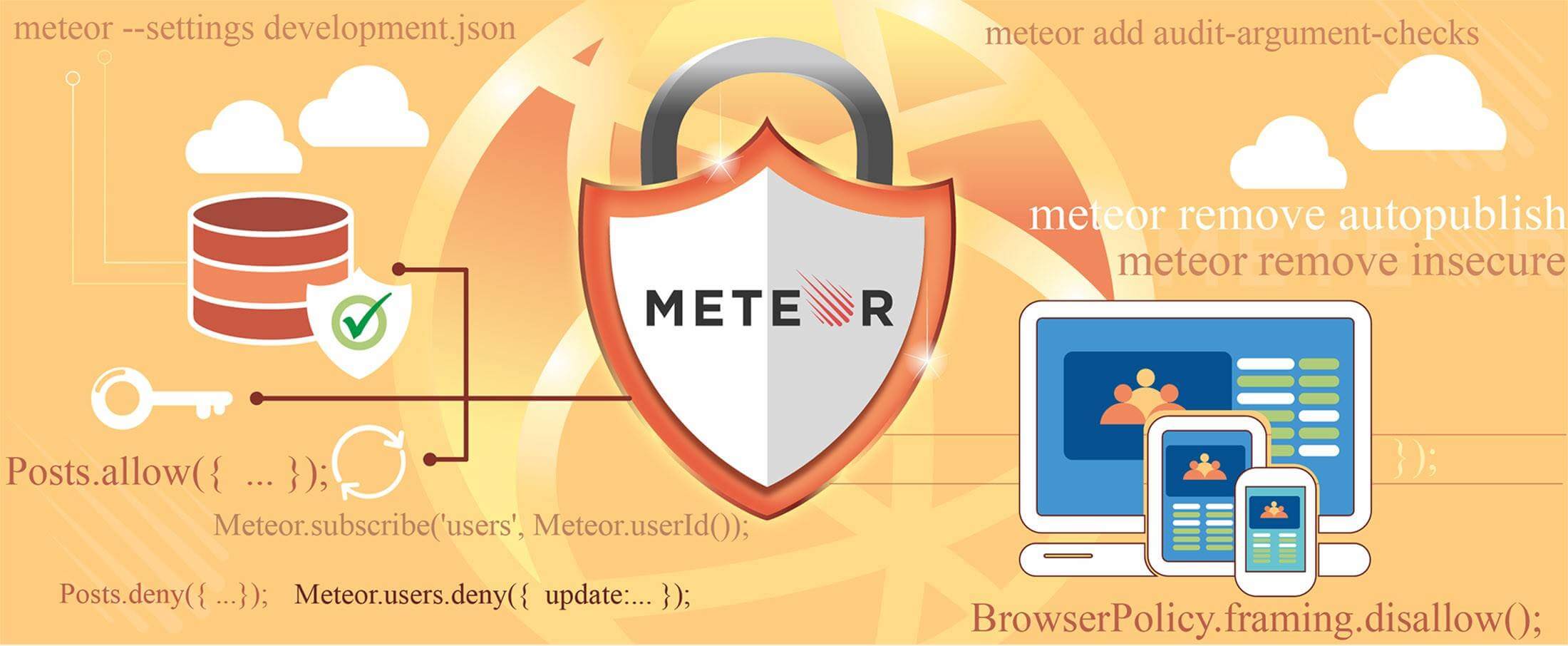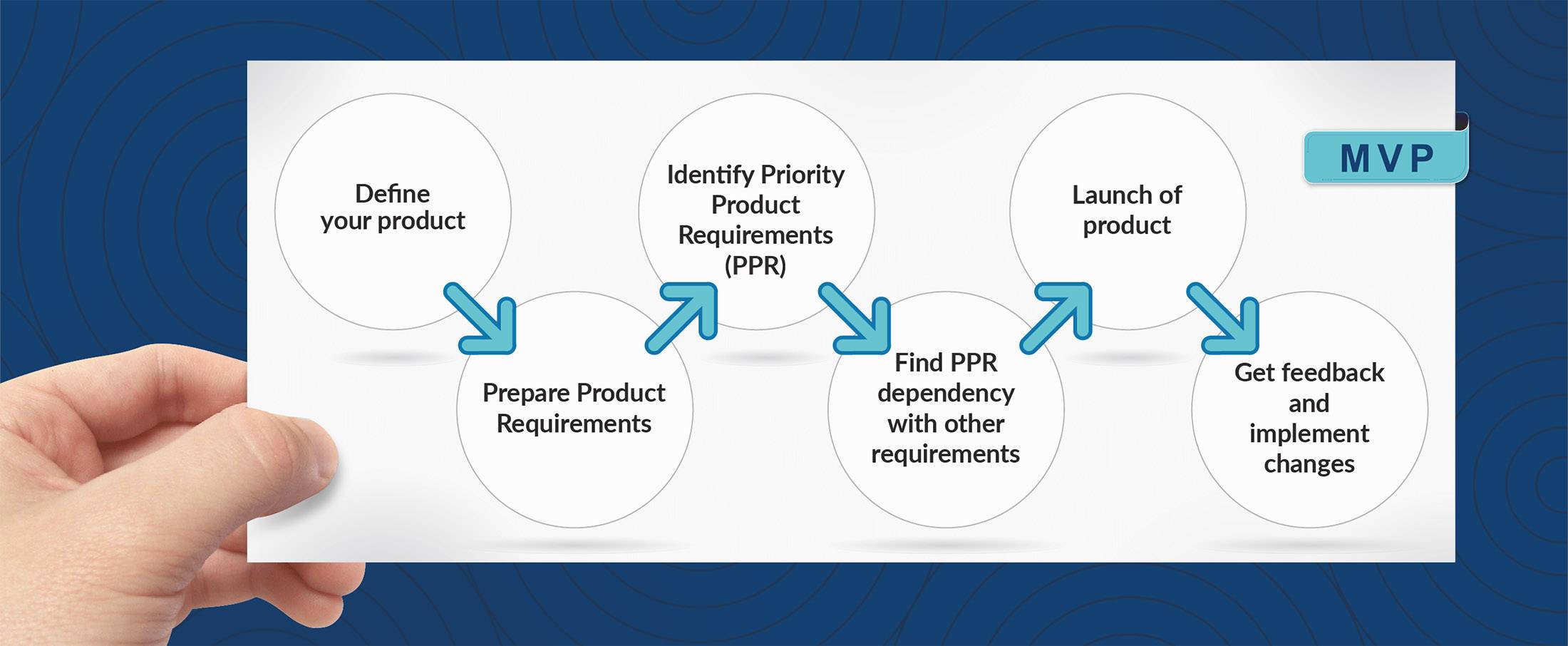10 Real Estate Tech Trends to Follow in 2020
10 Real Estate Tech Trends to Follow in 2020
Technology, in the last decade, has had an immense influence on various industries and businesses all over the world, one of them being real estate.
Technology has transformed the way in which realtors and brokers interact with the customers and amongst each other. Earlier, a huge amount of money used to be wasted on manual administration and documentation of various details. But with the advent of digitalization, it has now become a completely different industry. In order to keep up with the evolving nature of the customers, one must upgrade the style of working in the real estate industry, to reach a larger audience through easy methods.
There have been a lot of tech trends that the real estate industry has witnessed within a span of few years. Some of the tech trends that you must follow in 2020 are listed down below.
1. Blockchain
Blockchain has emerged as a potent technological innovation of the last decade. By removing the various structural inefficiencies in the real estate industry, it is transforming the way operations are conducted. Smart contracts, real-time sharing of information, proper distribution of commissions, and security of details are the inherent benefits that blockchain is bringing to the real estate industry and is set to become an integral part of the industry in the coming few years.
Practical applications
- Decentralized digital records bring transparency and eliminate the chances of frauds.
- Smart contracts allow faster closing of deals and equal distribution of commissions.
2. Push Technology
Push technology is gaining popularity, and many agencies are creating their own smartphone apps. The number of target customers who use smartphones is increasing day by day. Push notifications enable the real estate agencies or independent brokers to send regular notifications to the target customer directly. Push Technology is helping with improvements in the conversion and retention rates, boosting the profitability for agents and brokers.
Practical applications
- Mobile apps are connecting potential customers with relevant information without actively looking for it.
- Agents are using push notifications to remind the customers about the new listings available in real-time basis.
3. Task Automation
Real estate agencies have been using emails and smartphone apps for a really long time now, and automation is further making the accomplishment of these easier. By automation of essential tasks like invoice processing, email sending and online chatting, accomplishing administrative and communication tasks have become quite easy.
Practical applications
- Synchronized and timely email campaigns are helping brokers with their marketing efforts.
- Automated invoices and regular reminders are ensuring quicker payments.
4. Big Data
Big Data helps in drawing meaningful insights from the data available with any real estate business. Big data helps in evaluating a huge amount of data in a quick time, which is otherwise not possible manually, thereby helping formulate policies that assist with customer relationship management. It traces and forecasts the prospect of buying and selling on the basis of interaction taking place on a website between the customer and seller.
Practical applications
- Actionable insights from the available data are adding more weight to the marketing efforts.
- Easier to understand the customer psyche and take the desired approach accordingly.
5. Virtual Reality (VR) and Augmented Reality (AR)
One of the notable tech trends of the real estate industry in the last few years, virtual reality has changed the way in which this industry works. It offers prospective customers a chance to conduct the visual tour of multiple properties in a short span of time. AR and VR are helping the customers to check the properties without actually visiting them and thereby allowing the customers to compare different options effortlessly. Brokers, builders, and real estate agents can use augmented reality to show different ideas for unfinished spaces that the customers can decorate according to their tastes and choices.
Practical applications
- Advanced remote property tours that can be accessed via smartphone apps
- Minimize investments in conducting multiple open houses for a single property as target customers can have a personalized tour as per their convenience.
6. Fractional Property Platforms
These platforms have gained immense popularity in the real estate industry because they allow the investors to purchase a fraction of property. Since most properties on these platforms are shared by realtors, they can also have a share of the rental income or any profits in case the property is sold.
Practical applications
- Encouraging investors who were wary of investing in real estate until now to take the plunge.
- Ensuring better profits for the seller or lessor as the property stays idle for reduced durations.
7. Cloud Property Management Software
This software has helped the owners and tenants to log in and check the details regarding their properties at any point in time. It has reduced the expenditure on maintenance of the property and has also increased the scalability, security, and accessibility of the information. Cloud property management software has simplified the entire process and made it more efficient.
Practical applications
- Easy storage of documents and contracts that can be accessed and shared in real-time.
- Tenants, as well as owners, can log-on to the system and check every aspect about the property effortlessly.
8. Smartphone Apps
Mobile applications have changed the way in which real estate agencies work. With the help of smartphone apps, the customers can access all the information regarding properties at any point in time. It has also eased the collaboration between both the parties. Mobile technology has not only eased the operations but also saved time, human labour and the usage of other resources.
Practical applications
- Opens up more efficient avenues of interactions and collaboration between different stakeholders.
- One-stop solution for all queries and issues that can be raised and resolved instantaneously.
9. IoT - Internet of Things
This technology has made the different aspects of a property such as plumbing, electrical services, etc. accessible to prospective customers. Properties which have IOT facility command higher market value. It is an important tech trend to be followed in the next decade as it has the potential to redefine the real estate industry in a big way.
Practical applications
- Smart applications like automated lighting system or automated air conditioning are proving big draws for customers.
- Better property management through centralized control of essential systems like HVAC, lighting, fire, and security systems.
10. Chatbots
Usage of robots as virtual assistants, voice bots, and chatbots in the real estate industry has increased and improved the interaction between the prospective customers and the sellers. With the help of these technologies, one can use AI-powered voice bots to set reminders and improve the overall efficiency of the operations.
Practical applications
- 24×7 customer care representative that acts as a communication link between different stakeholders.
- Personalized assistant that can offer recommendations based on the tastes and preferences of a particular individual.
These are the latest tech trends in the real estate industry that one must know because they will be determining the course that the industry will take in the future.
- Real Estate
- Real Estate Tech
- RETech
- Trends 2020
Mobifilia
19 December 2019
